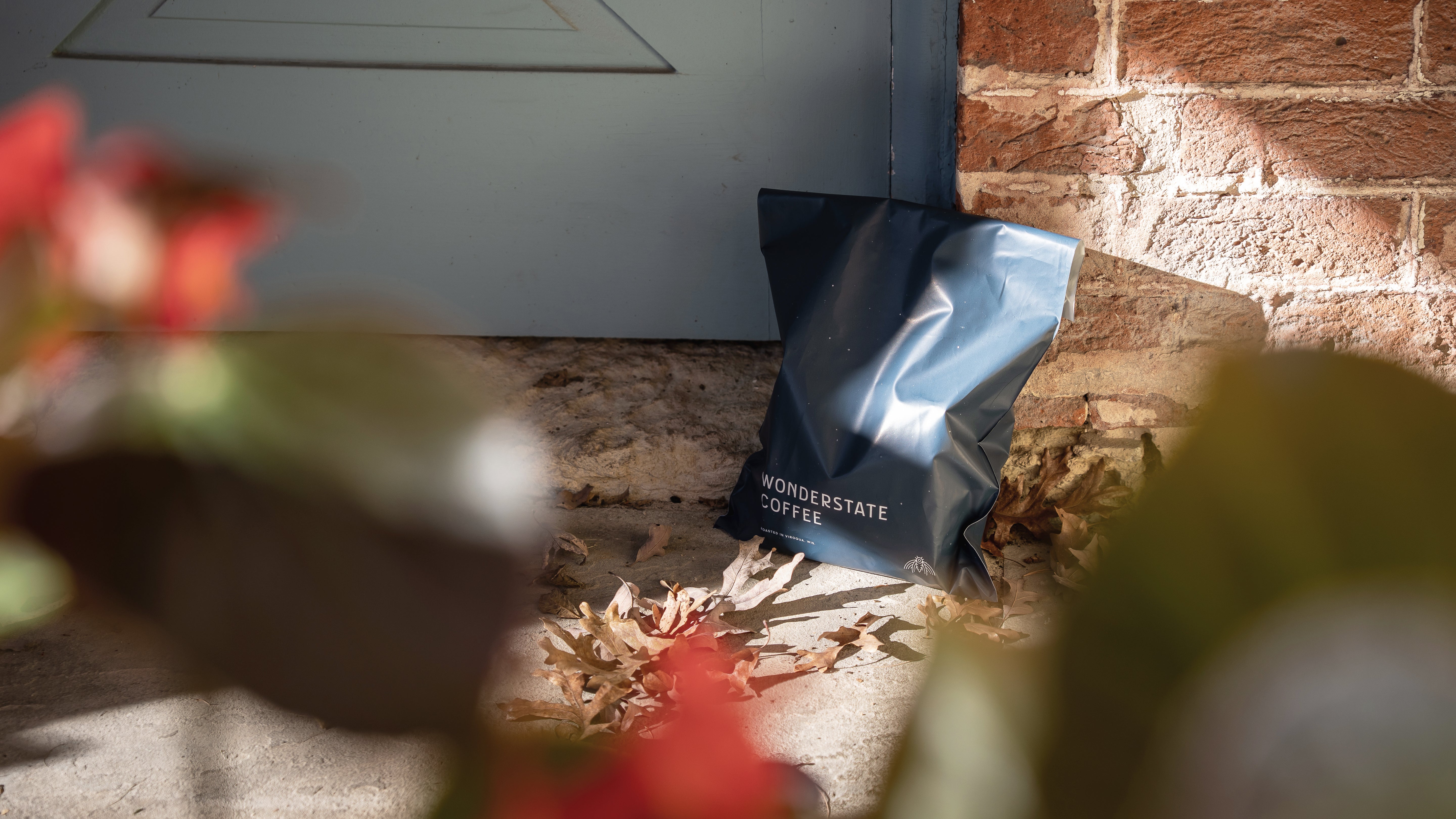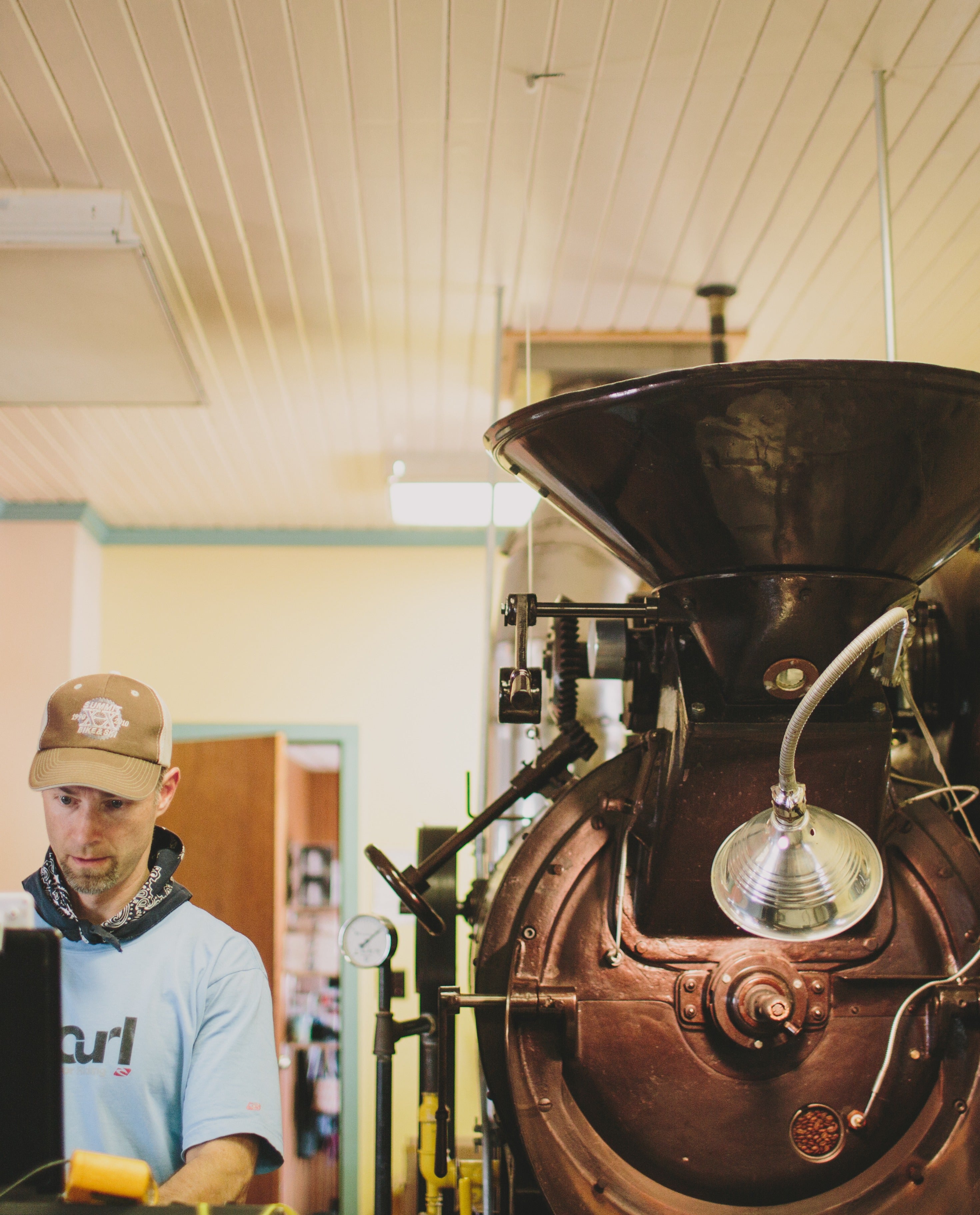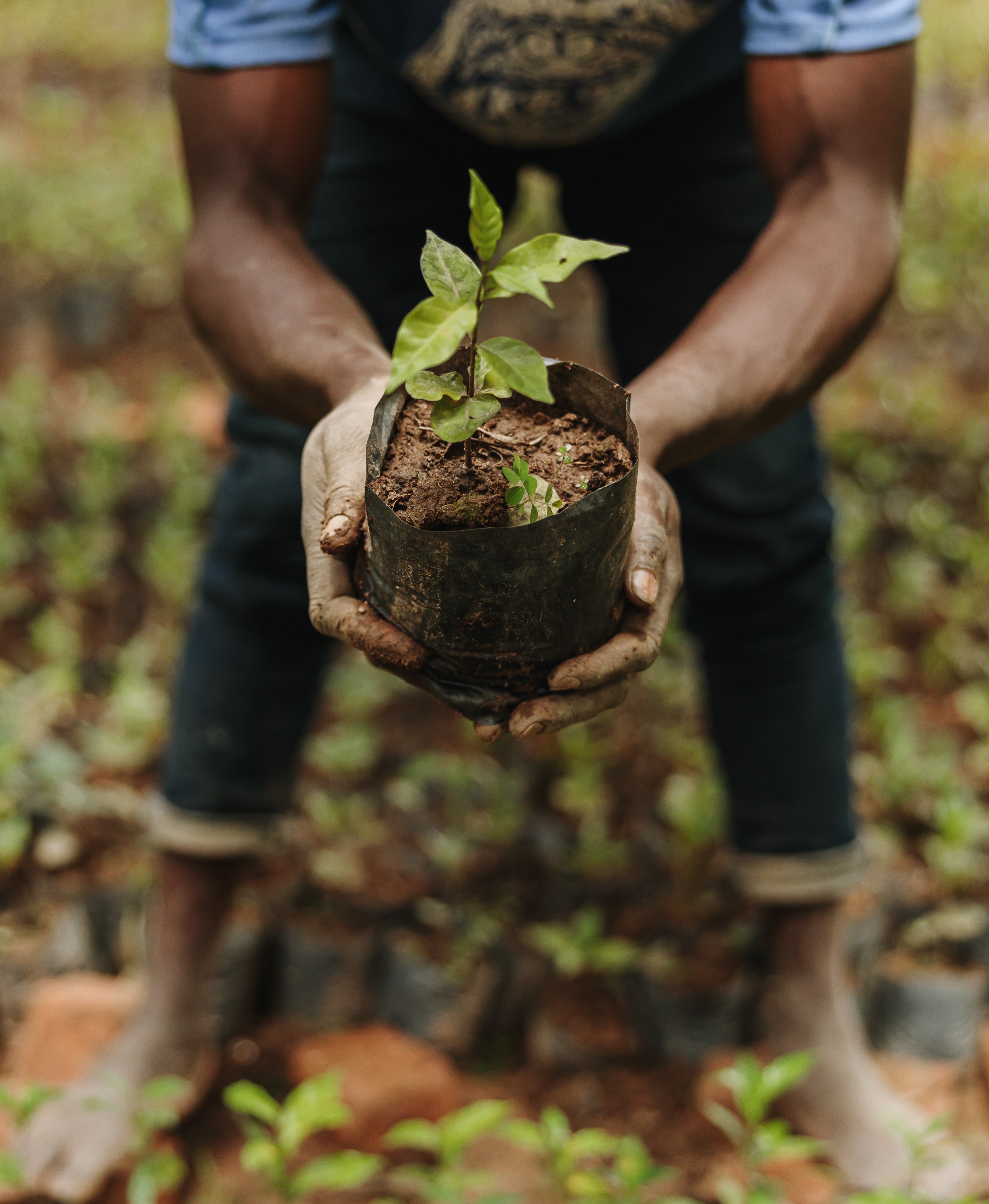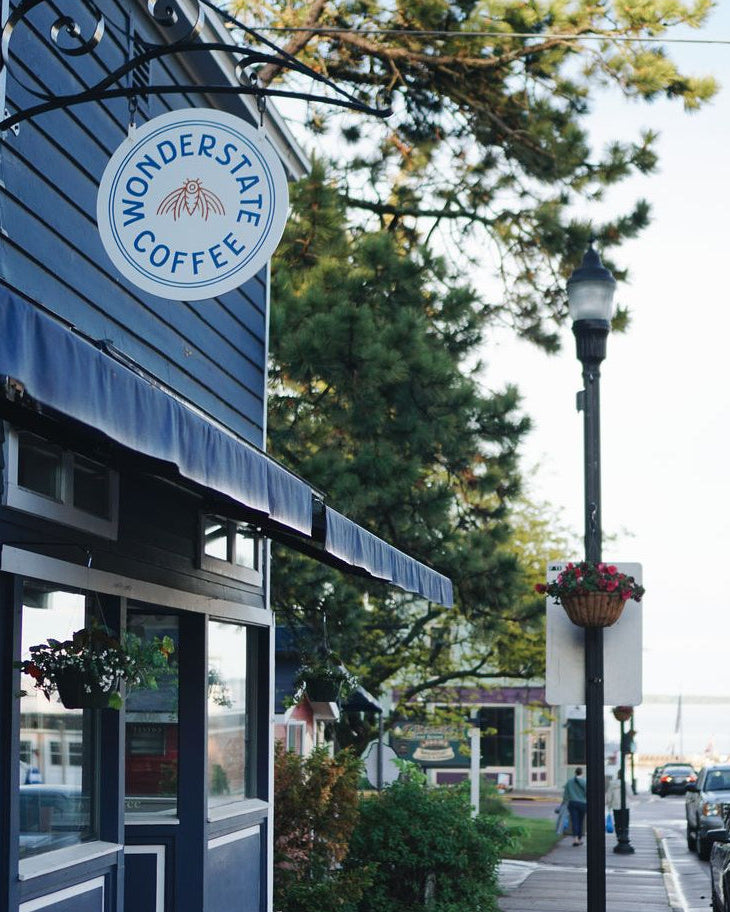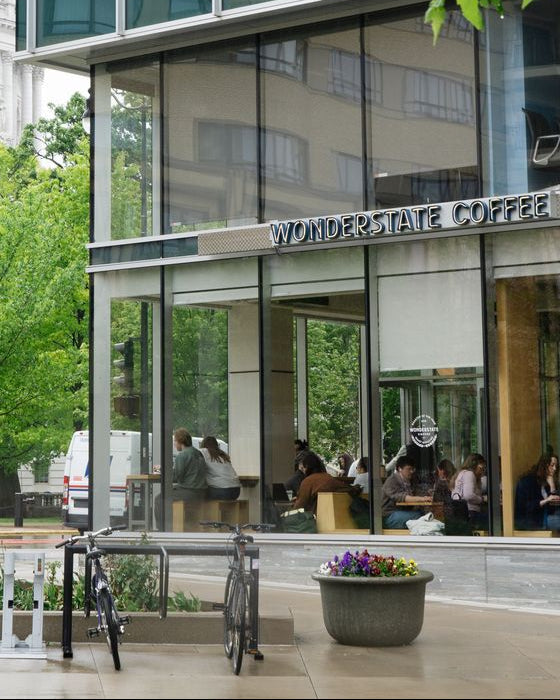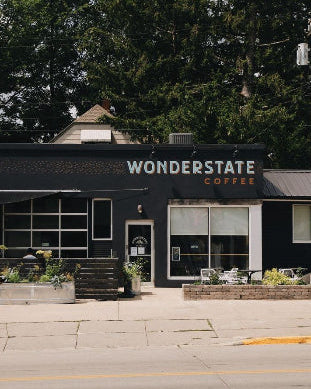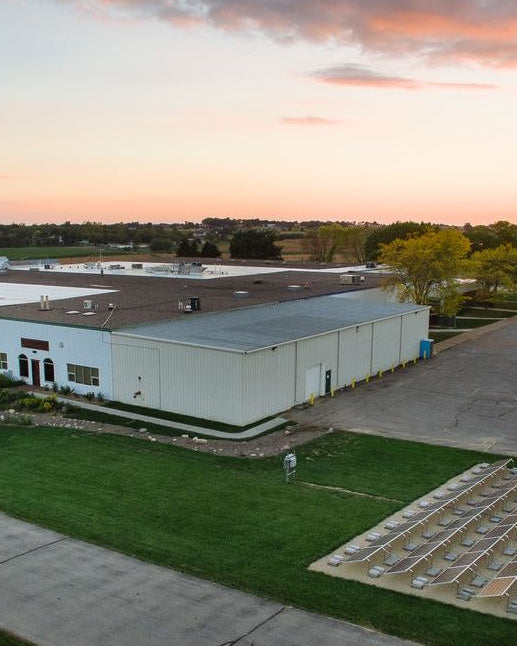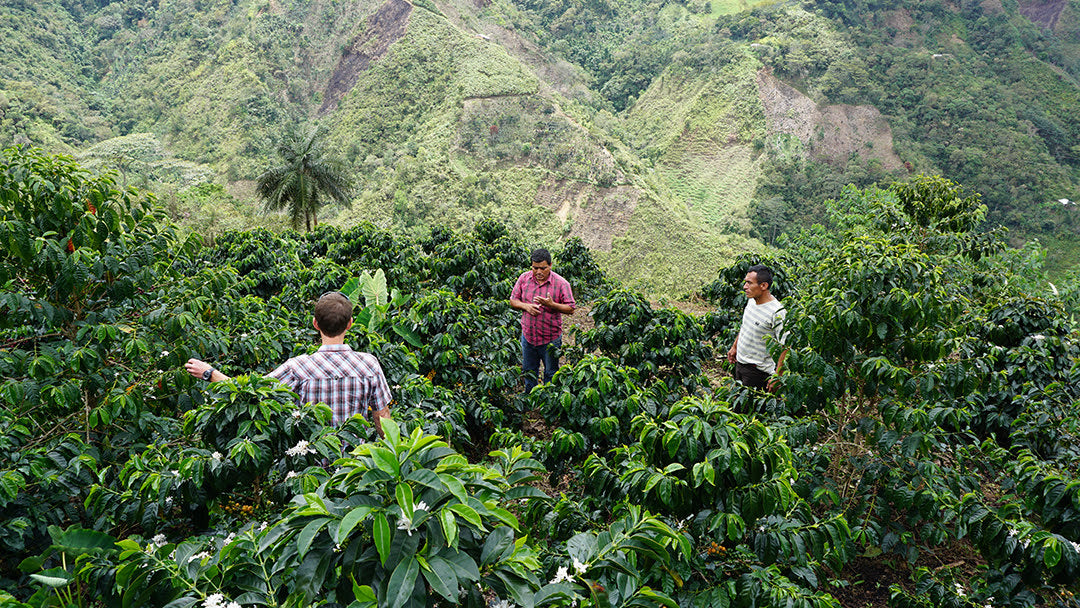
In 2017, we set what was at the time the highest published minimum price for coffee in the industry, far exceeding Fair Trade and Fair Trade Organic pricing. Every year since then we've raised our minimum price while market standard pricing has continued to stagnate.
Deepening Our Commitment to Farmers with New Minimum Price Guarantee
When we opened our doors more than a 15 years ago, we set out with the belief that great coffee should do two things: it should taste amazing, and it should fairly compensate the people who grow it. It's a fairly straightforward wish, but the path to making it a reality has been anything but straightforward. Specialty coffee is a global industry, and one that involves many different players, not all with the same ends in mind.
Our Buying Philosophy, Since Day 1
Over time, we've become ever more aware that these higher prices still fall short of our goal of an equitable income for farmers, and we are taking another leap forward toward that goal.
A Historical Perspective
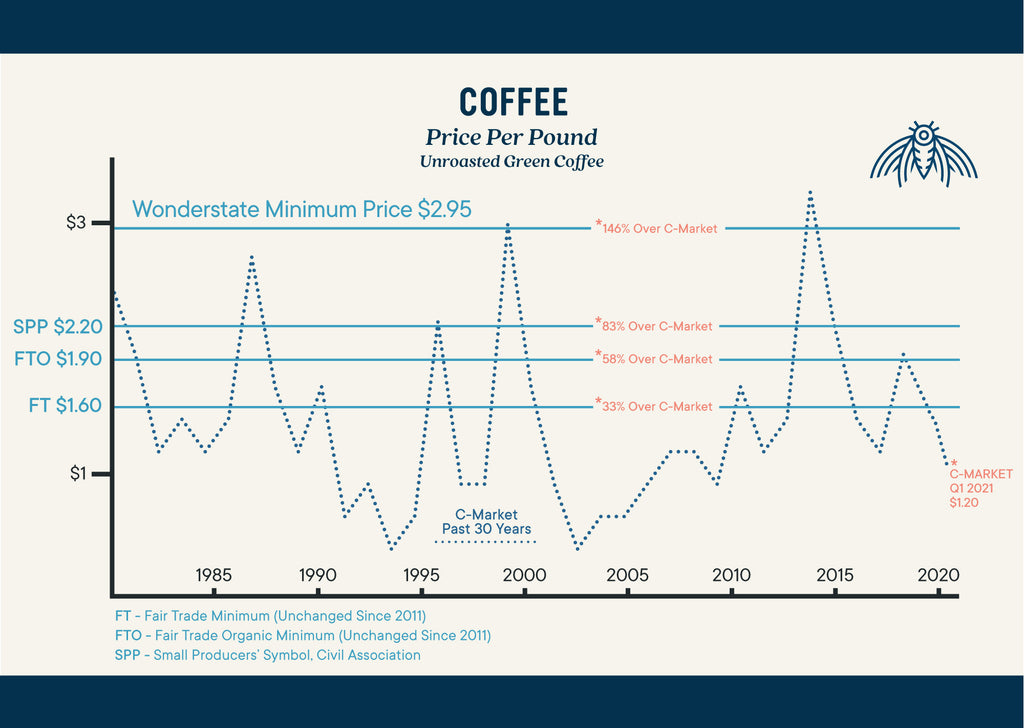
One of the ways the market has failed farmers is that over the last 40 years, the average C price has essentially remained static. Static. Meaning that the average cost for a pound of green coffee in 1976, for instance, is the same that it is today-around $1.40 FOB (FOB or Free on Board is the price paid to farmer co-ops or in-country exporters, and is a common standard for approximating the farm-gate or final price to farmers). During that same period of time, the costs of production and daily living expenses for farmers have continued to increase. When you adjust for inflation, farmers in 1975 were actually getting paid $6 or $7 a pound in today's dollars. On the whole, farmers are making less, while spending more to produce coffee.
Coffee farmers have been doing this math, too. The average age of coffee farmers around the world is somewhere around 54. In many places, the younger generations are not going into coffee production. The reasons why are clear: coffee prices are not high enough to make it a viable livelihood.
At Wonderstate, our 2020 minimum price of $2.90/lb was more than double the current average C price. Our price was also well above the $1.60/lb Fair Trade minimum (a number that hasn't seen any upward movement since 2011). And yet, when we include inflation and compare our prices to the rate farmers were getting forty years ago, our price was roughly half as much as what coffee was worth to them all those years ago.
It's important to note, too, that the coffee we buy is specialty grade coffee-coffee that is sorted for quality, picked at the peak of ripeness, processed with a great deal of care-it's coffee that farmers work even harder to produce, and it deserves a higher premium, not diminishing returns. On top of that, due to a number of factors-climate change and a degradation of soil health among them-coffee yields are significantly lower than they were forty years back.
To put it simply, the average pay for coffee farmers has been on a downward trend since the 1970s. Roasters and retailers have remained well served by the commodities market, while farmers struggle more each day. At Wonderstate, we believe this is unjust, short sighted and jeopardizes the future sustainability of the industry as a whole.
Every year since we started our minimum price guarantee in 2017, we've committed to increasing our minimum price by $0.05/lb, regardless of market conditions. As the calendar turned over to 2021 once again re-upped our commitment to farmers by increasing our minimum price guarantee to $2.95/lb for FOB coffee.
Though this is currently one of the highest published minimum prices in the industry it is not a revolutionary move, especially given the historical context. But, it's a step in the right direction, and we are committed to taking further steps after this one.
Additionally, we are committed to working with cooperatives and exporters who share our values in terms of farmer compensation-those who work transparently, with the end goal of delivering high returns back to the farmers who are doing the majority of the work. This means we will only purchase coffee from privately owned washing stations if they are willing to open their books and show us how they are paying smallholder farmers on the farmgate level, providing us with a price breakdown back from FOB.
We are acutely aware that price is only one component of a sustainable supply chain-community infrastructure, climate change resilience, technical knowledge, political stability and higher yields are all woefully lacking in most coffee communities. We remain committed to supporting efforts that address these issues wherever we can, whether by funding On The Ground's community development projects, through our own 5% Giving Program, by partnering with Cooperative Coffees' Carbon, Climate and Coffee Initiative and engaging with other projects that address these issues in meaningful, successful ways.
From our perspective, change will only come if we are willing to ask for more transparency throughout the industry and to pay better prices. If we don't make these commitments, our fear is that we will continue to see the proliferation of coffee varieties bred for quantity, not quality; the average farm size increase, and smallholder operations disappear; coffee growing only in a few exporting countries, with small countries unable to compete; coffee shrubs being ripped out and replanted with more profitable crops such as coca; and we will continue to see farmers making less and less-a trend that affects the members of the supply chain who are the most likely to live in poverty and who are responsible for the majority of the labor.
We can do better, and we need to. Our hope is that others will join us in taking the next steps to create a more equitable and sustainable coffee supply chain.
In Cooperation,
Read more

In Swahili, Muungano means "togetherness," and it is a guiding principle for the farmers of the Muungano Coffee Cooperative. For many years, the people of Eastern Congo were divided by war, their...
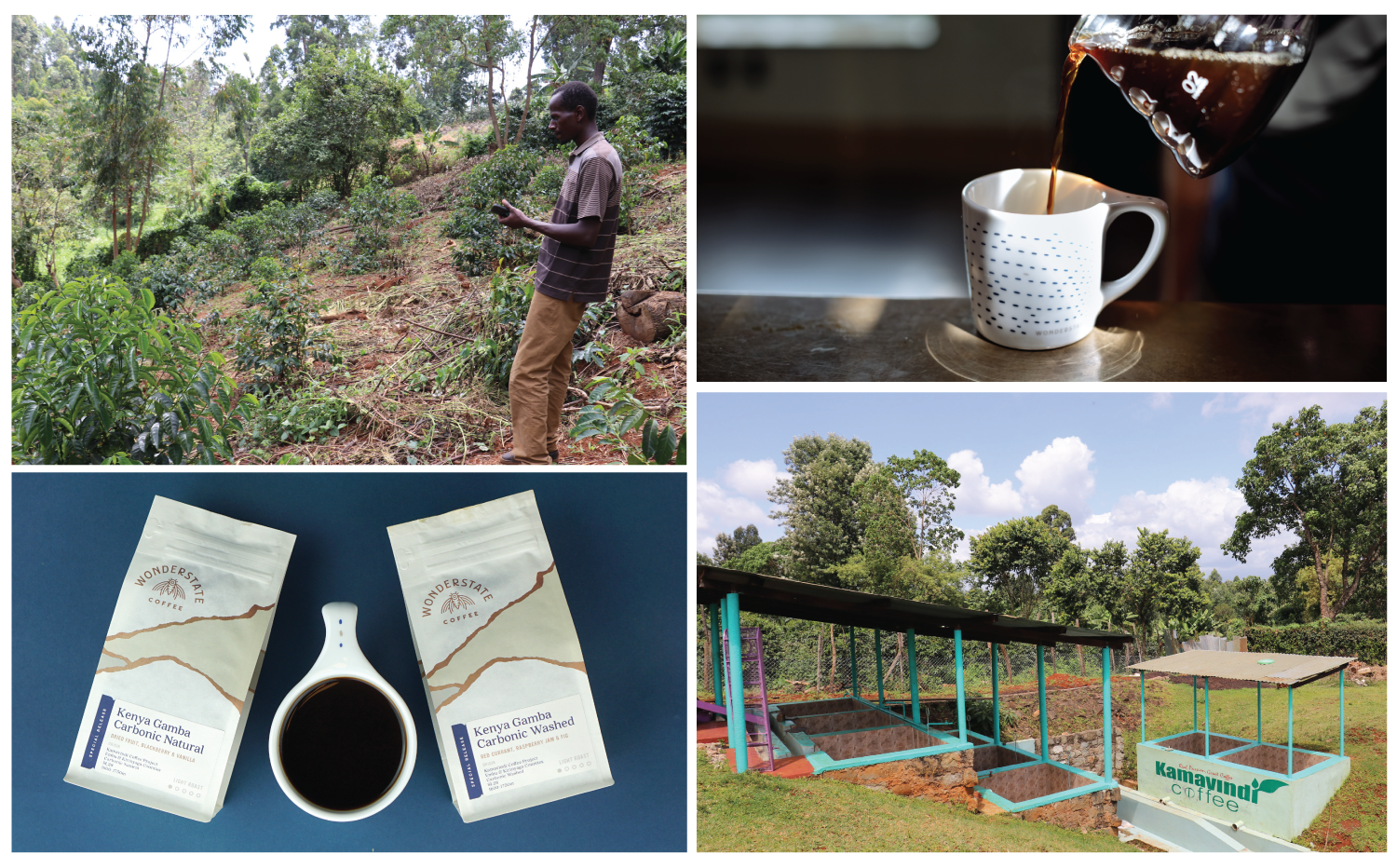
Tiny lot? Limited release? World's very first Kenya Gesha? No pressure, right?! With rare and exceedingly small lots like our Kenya Kamavindi Gesha and Gamba Experimental, those few and precious ...

